Health

New study explains how antidepressants can protect against infections, sepsis – World News Network
Antidepressants, such as Prozac, are routinely used to treat mental health issues, but recent research reveals they may also protect against major infections and life-threatening sepsis. Scientists at the Salk…
Your Trusted Source for Accurate and Timely Updates!
Unlock the Pulse of the Present
Subscribe Now for Real-time Updates on the Latest Stories!
Just for You

Get Business Loans of Up to ₹80 Lakhs on Bajaj Markets with Flexible Repayment Options – World News Network
Pune (Maharashtra) [India], July 14: Supporting the growth ambitions of Indian entrepreneurs, Bajaj Markets offers…

Get Business Loans of Up to ₹80 Lakhs on Bajaj Markets with Flexible Repayment Options – World News Network
Pune (Maharashtra) [India], July 14: Supporting the growth ambitions of Indian entrepreneurs, Bajaj Markets offers…

Steelbird Baby Toys Expands Product Line, Announces ₹10 Crore Investment to Deepen Presence in Infant Toy Market – World News Network
New Delhi [India], July 7: After foraying into the baby toy segment , Steelbird Baby…

BillMart Fintech Disburses ₹2500+ crores: More than 40% disbursed to SMEs and MSMEs – World News Network
Mumbai (Maharashtra) [India], July 17: BillMart Fintech Pvt. Ltd. (www.billmart.com), a rapidly growing digital lending…
Lasted Health
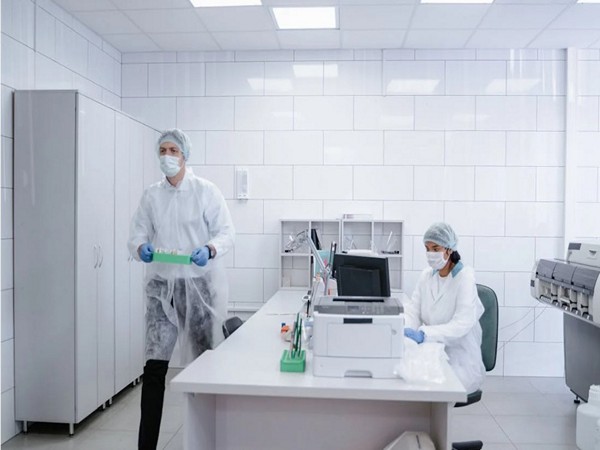
Antibody treatment helps prevent severe bird flu in monkeys: Study – World News Network
The antibodies target a stable part of the bird flu virus, ensuring that the immune protection can resist new variants…
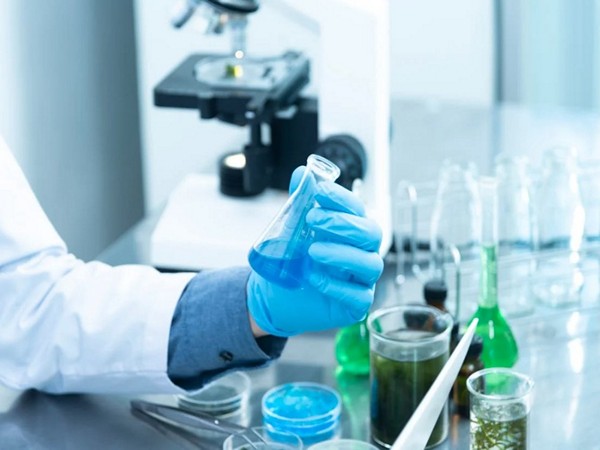
White blood cell count may predict severity of COVID-19: Study – World News Network
A Covid-19 diagnosis is no longer as frightening as it used to be, thanks to developments in treatment choices. However,…
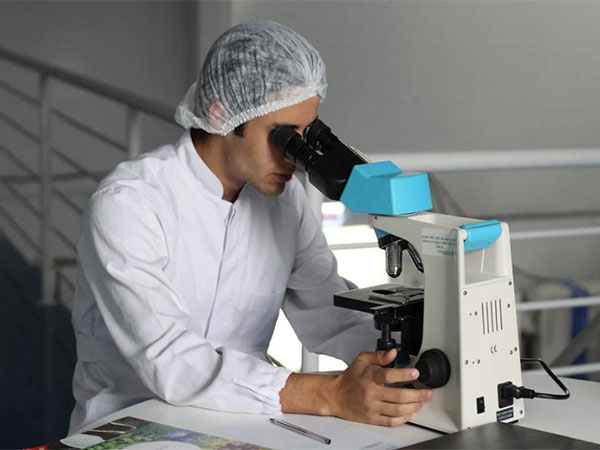
Anatomic lung resection linked to improved survival for early-stage lung cancer: Study – World News Network
New research presented at the 2025 Society of Thoracic Surgeons (STS) Annual Meeting reveals that anatomic lung resections, such as…

This protein likely to help retain muscle mass without fat loss: Study – World News Network
The recent surge in popularity of weight loss drugs like Ozempic, altogether called GLP-1s, has resulted in renewed scientific interest…
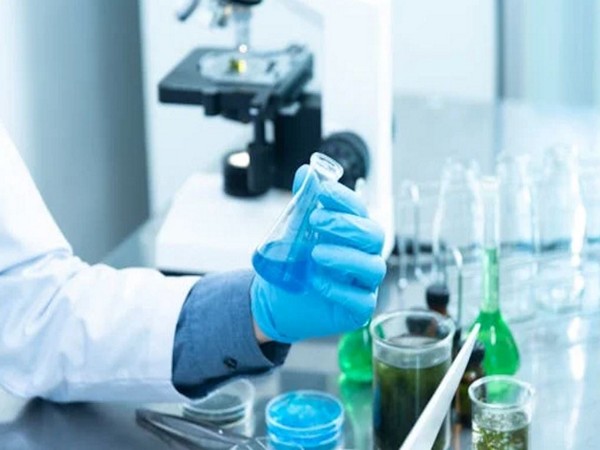
New drug may help restoring vision for people with nerve damage: Study – World News Network
Researchers at the University of Colorado Anschutz Medical Campus found a promising therapeutic candidate that could aid in the restoration…
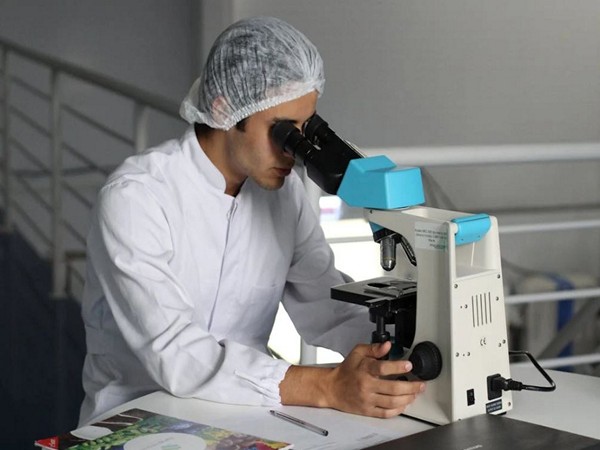
Immune cells found to boost cancer treatment in acute myeloid leukemia: Study – World News Network
A research team from Columbia Engineering and the Irving Institute for Cancer Dynamics achieved a significant finding in cancer immunotherapy.
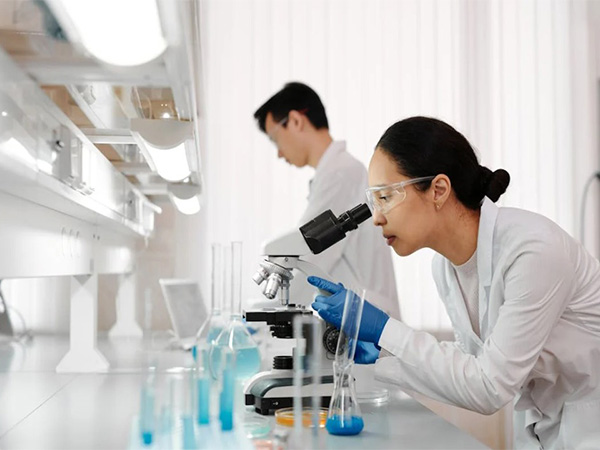
Treatment for children with obesity has lasting effect: Study – World News Network
When obese children receive weight-loss treatment, the effects last throughout their lives, and their risk of significant health problems and…
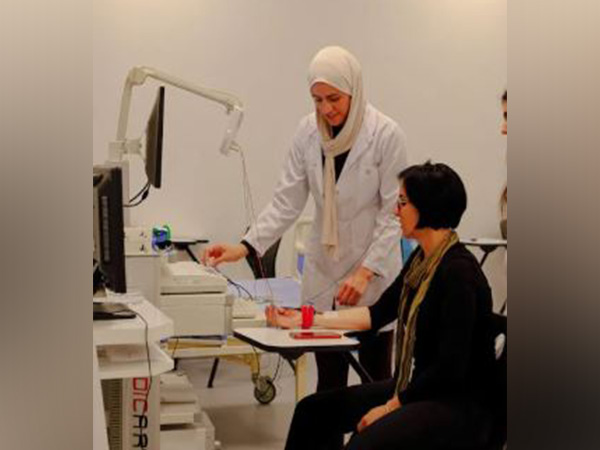
Higher fat in muscles leads to increased risk of heart disease: Study – World News Network
People with pockets of fat hidden inside their muscles are at a higher risk of dying or being hospitalized from…



